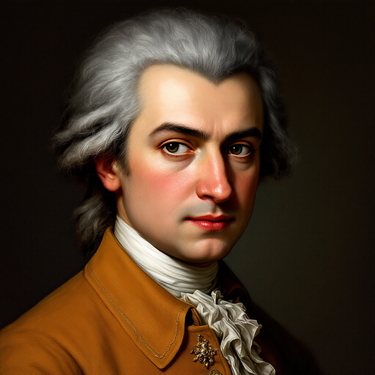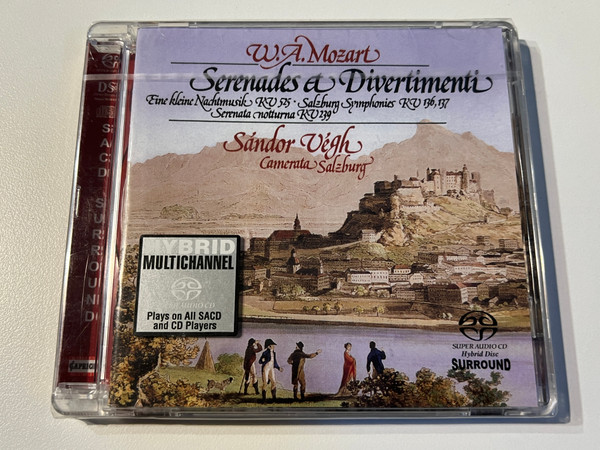Wolfgang Amadeus Mozart: The Genius of Classical Music
Introduction to Wolfgang Amadeus Mozart
Wolfgang Amadeus Mozart (1756–1791) was a prolific and influential Austrian composer whose mastery of form, melody, and harmony defined the Classical period. Despite his short life, Mozart composed over 600 works spanning symphonies, operas, concertos, chamber music, sacred compositions, and piano works. His music blends clarity, elegance, and deep expressiveness, making him one of the greatest composers in history.
Mozart’s Most Celebrated Works
Symphonies: A Pinnacle of Classical Elegance
Mozart’s symphonies set the standard for clarity, balance, and brilliance:
- Symphony No. 40 in G minor (1788) – A deeply expressive and dramatic work, one of his most famous symphonies.
- Symphony No. 41 "Jupiter" (1788) – A grand and triumphant symphony, featuring an intricate five-voice fugato in the finale.
Operas: Masterpieces of Drama and Melody
Mozart’s operas remain central to the operatic repertoire, blending sophisticated music with compelling storytelling:
- The Magic Flute (1791) – A fantastical opera filled with symbolism, virtuoso arias, and unforgettable melodies.
- Don Giovanni (1787) – A powerful and dark tale of seduction and punishment, featuring the famous "Catalogue Aria."
- The Marriage of Figaro (1786) – A comic opera masterpiece, filled with wit, social satire, and intricate ensembles.
- Così fan tutte (1790) – A lighthearted yet profound opera exploring themes of love and fidelity.
Concertos: Elevating Virtuosity and Expression
Mozart’s concertos, particularly for piano and violin, showcase lyrical beauty and technical brilliance:
- Piano Concerto No. 21 in C major (1785) – Features the famous "Elvira Madigan" slow movement, admired for its serenity.
- Violin Concerto No. 5 in A major "Turkish" (1775) – A vibrant and playful work filled with exotic influences.
- Clarinet Concerto in A major (1791) – A masterpiece of warmth and lyricism, written near the end of his life.
Chamber and Sacred Music: Expressive and Profound
- Eine kleine Nachtmusik (1787, "A Little Night Music") – One of the most recognizable serenades, full of grace and charm.
- Requiem in D minor (1791, unfinished) – Mozart’s final and most hauntingly beautiful choral composition.
- String Quintets and Quartets – Refined and expressive works that influenced generations of composers.
Mozart’s Enduring Legacy
Mozart’s music is revered for its technical perfection, emotional depth, and universal appeal. His influence shaped the development of classical music, opera, and orchestral writing, inspiring composers from Beethoven to Schubert and beyond. His works continue to captivate audiences in concert halls, opera houses, and films, ensuring his place as one of the most immortal figures in Western music.
We value your feedback! Share your experience with this product to help others make informed decisions. Your review is important to us!

























